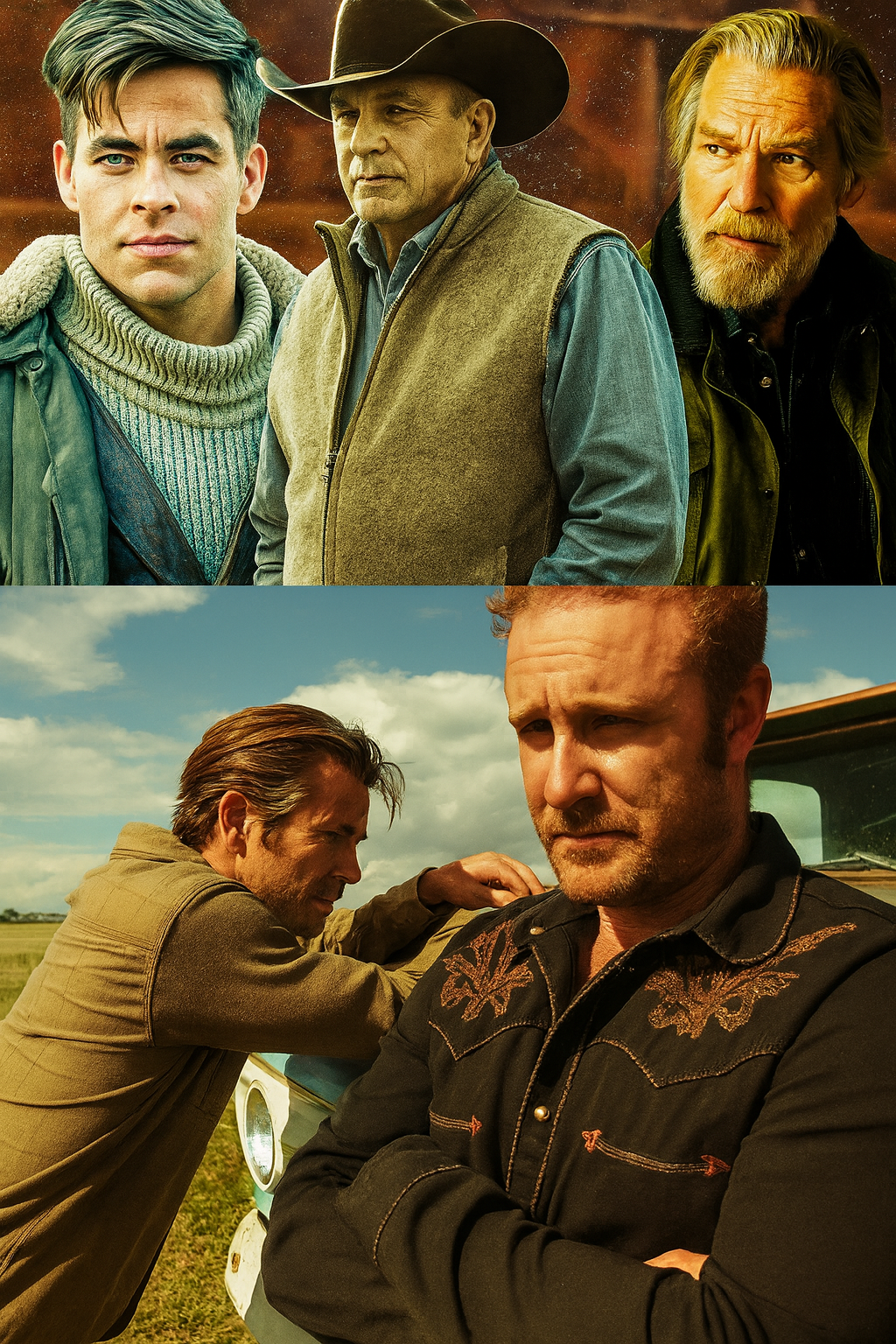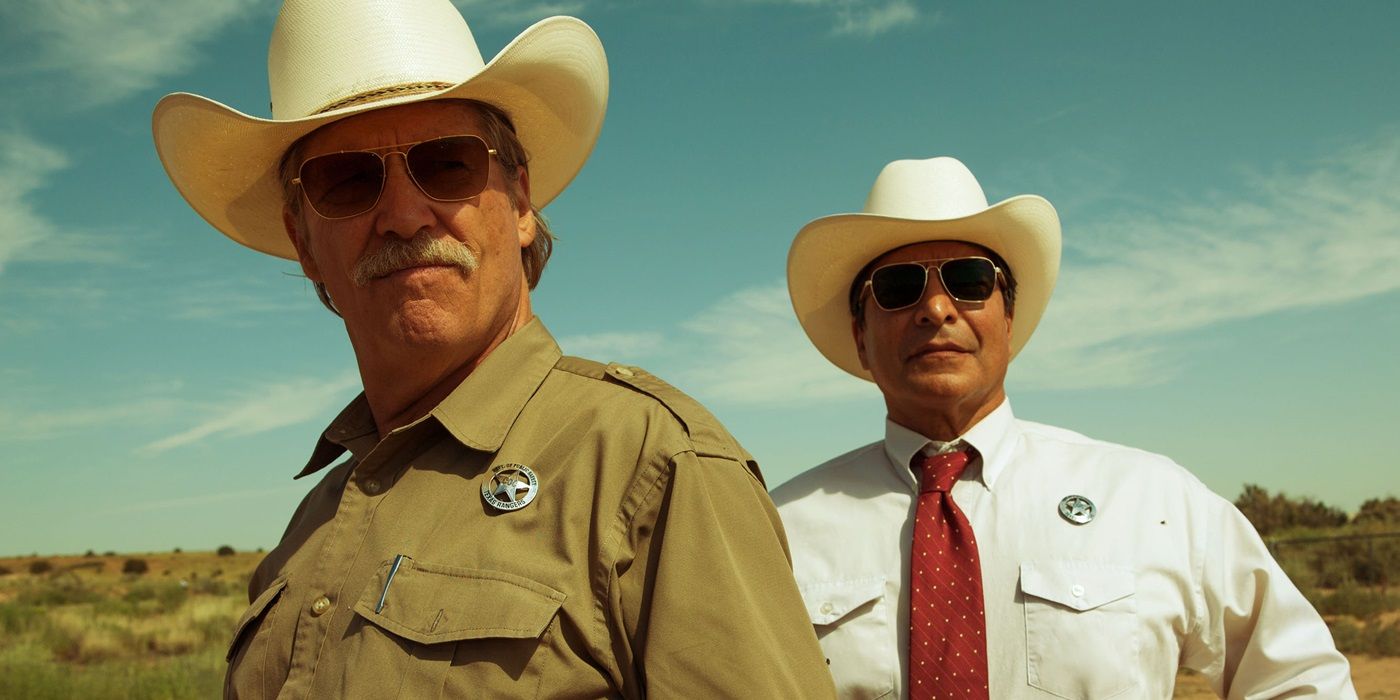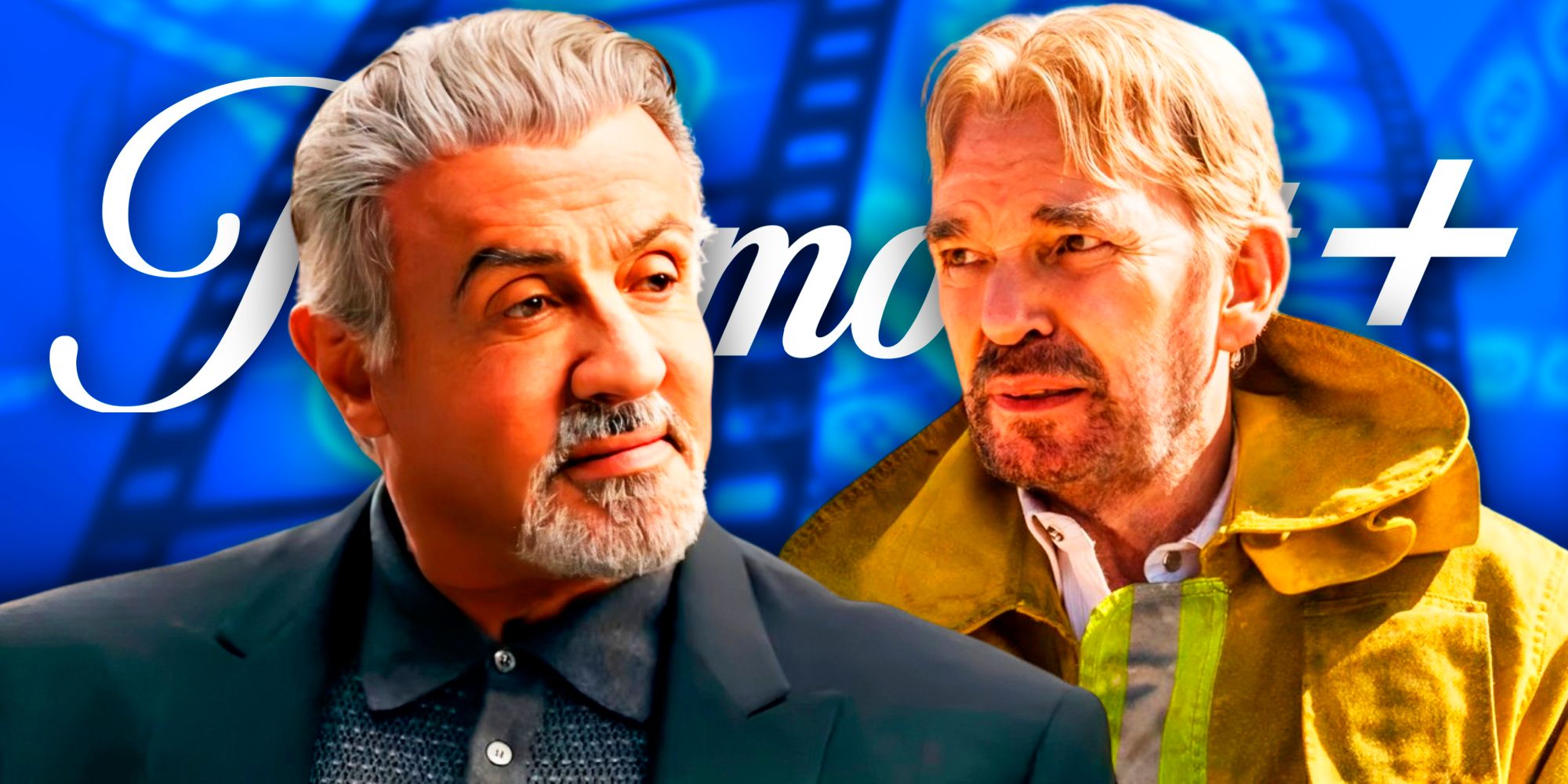
Taylor Sheridan’s neo-Western masterpiece Hell or High Water powerfully demonstrates his need to create another cinematic gem alongside his thriving television empire.
Taylor Sheridan’s Cinematic Roots
In recent years, Taylor Sheridan has become synonymous with Yellowstone and other hit TV series like Landman and Tulsa King. While his television projects have garnered massive popularity and critical acclaim for their gripping storytelling, Sheridan’s career began on the big screen, where he first showcased his talent as a screenwriter.
His debut film, Sicario (2015), marked a bold entry into feature filmmaking, and he went on to pen five additional movies while simultaneously launching Yellowstone and its expanding universe of spinoff shows.
Sheridan’s Cinematic Brilliance

Taylor Sheridan’s reign as a titan of prestige television, with hits like Yellowstone, Lioness, and Landman, often overshadows his remarkable talent as a screenwriter for feature films. Of the six movies he has written, only one falls below 50% on Rotten Tomatoes with critics, while three have earned the coveted Certified Fresh designation, showcasing his prowess in crafting compelling cinematic stories.
While fans eagerly await new seasons of Lioness or the debut of original series like Landman, Sheridan’s exceptional ability to weave intricate narratives could once again shine brightly on the big screen. His shift to television has left a noticeable void in film, where his unique voice thrived in delivering gripping, thought-provoking stories that resonate deeply with audiences.
One film in particular, Hell or High Water, stands as a testament to what the world is missing with Sheridan’s focus on television over cinema. This neo-Western masterpiece highlights his skill in blending genre thrills with profound social commentary, underscoring the untapped potential for more of his cinematic brilliance.
Hell or High Water Showcases Sheridan’s Cinematic Mastery
No film better demonstrates Taylor Sheridan’s brilliance as a screenwriter than Hell or High Water (2016), featuring Chris Pine and Jeff Bridges. The neo-Western follows brothers Tanner (Ben Foster) and Toby Howard (Pine) as they execute a string of bank heists, pursued relentlessly by Texas Ranger Marcus Hamilton (Bridges).

In a tightly crafted 102-minute narrative, Sheridan reveals Toby’s desperate motive: robbing banks to clear the mortgage on his late mother’s ranch, aiming to secure its oil rights for his children to escape a generational cycle of poverty. The story’s brisk pacing and emotional depth keep viewers gripped from start to finish.
The film’s critical acclaim is evident in its four 2017 Academy Award nominations: Best Picture, Best Supporting Actor, Best Original Screenplay, and Best Film Editing, underscoring Sheridan’s ability to craft a compelling and resonant cinematic experience.
Hell or High Water stands as a pinnacle of the neo-Western genre, with Sheridan expertly tailoring its narrative to honor Western traditions while infusing it with modern relevance. Its seamless integration of classic themes and contemporary issues sets it apart as a genre-defining work.
Rich with commentary on the predatory banking system, entrenched poverty, and the erosion of the American frontier spirit, Hell or High Water reflects how society has evolved beyond the era of cowboys and outlaws, delivering a powerful critique that resonates deeply with today’s audiences.
The film is also fantastic at developing its characters naturally – in just a few minutes, all of Toby and Tanner’s years as siblings seem like common knowledge, and Hamilton’s worries about retirement seem like second nature.
Sheridan’s Pacing Shines in Cinematic Storytelling
Hell or High Water serves as a stellar testament to Taylor Sheridan’s prowess as a screenwriter, suggesting his talents may shine even brighter in films than in his television work. Sheridan’s TV series, such as Yellowstone and Landman, are undeniably popular, captivating audiences with their intricate narratives and gripping drama.
His shows are meticulously crafted, designed to keep viewers hooked with complex, intertwining storylines that resolve in satisfying and often profound ways. Sheridan’s films, however, pack an equal punch but excel particularly in one critical aspect: pacing, delivering tightly woven stories that maintain relentless momentum.

Sheridan’s writing thrives when it’s concise, focused, and efficient, a style that aligns more naturally with the compact format of feature films than the sprawling nature of television series. Movies allow Sheridan to distill his narratives into sharp, impactful experiences that resonate without overextension.
Much of the criticism directed at Sheridan in recent years stems from the challenges of the episodic TV format rather than his writing itself. For instance, in Landman, characters like Angela (Ali Larter) and Ainsley (Michelle Randolph) have drawn scrutiny, largely due to their slower, drawn-out character development, which can feel constrained by the demands of serialized storytelling.
In Landman episode 6, characters like Angela and Ainsley finally shift from lounging and drinking to meaningful action, a delay that highlights the pacing challenges of serialized TV. Sheridan’s films, unburdened by the need to stretch narratives across a 10-hour season, avoid this issue entirely. His writing excels when it’s lean, focused, and efficient, a style that films naturally accommodate better than sprawling television series.
Sheridan’s Focus on TV Amid Paramount Deal
Despite his undeniable talent for crafting feature films, Taylor Sheridan has not written a movie since 2021’s Those Who Wish Me Dead. Instead, he has shifted his focus entirely to television, likely driven by his lucrative deal with Paramount, which commits him to producing series through 2028, according to The Hollywood Reporter.
Given this Paramount contract, a full return to filmmaking seems unlikely for Sheridan in the near future. Television series, designed to keep viewers engaged for hours and subscribed to platforms like Paramount+ for months, prove far more profitable than standalone films, aligning with the streaming industry’s priorities.
Sheridan’s Potential Return to Filmmaking
A clause in Taylor Sheridan’s Paramount deal allows him to pitch original films to third-party buyers, and reports suggest his upcoming projects may capitalize on this opportunity. This provision keeps the door open for Sheridan to return to the big screen, despite his heavy focus on television series.
Among these projects, Sheridan’s adaptation of Empire of the Summer Moon could mark his first feature film in years, once it moves forward. Still in early development, it remains unclear whether Empire of the Summer Moon will take shape as a cinematic release or another TV series. Should it become a series, Sheridan currently has no other announced theatrical projects in the pipeline.
Fans remain hopeful that Sheridan’s future will include another film matching the brilliance of Hell or High Water, ideally sooner rather than later. His ability to craft concise, impactful stories for the big screen continues to resonate, fueling anticipation for a potential cinematic comeback.

Sheridan’s real-life ownership of the 6666 Ranch, a significant factor in his Paramount deal, adds another layer to his motivations, per The Hollywood Reporter. The Four Sixes represents a substantial financial commitment, which could prompt Sheridan to pen another film, separate from Empire of the Summer Moon, to help offset those costs.
Time, however, is a limiting factor. With his packed schedule, fans can only hope Sheridan finds the opportunity to deliver another movie of Hell or High Water’s caliber, bringing his signature storytelling back to theaters in the near future.
Also Read: Costner Finally SPEAKS: The Explosive Truth Behind Grimes’ Yellowstone Bombshell!
